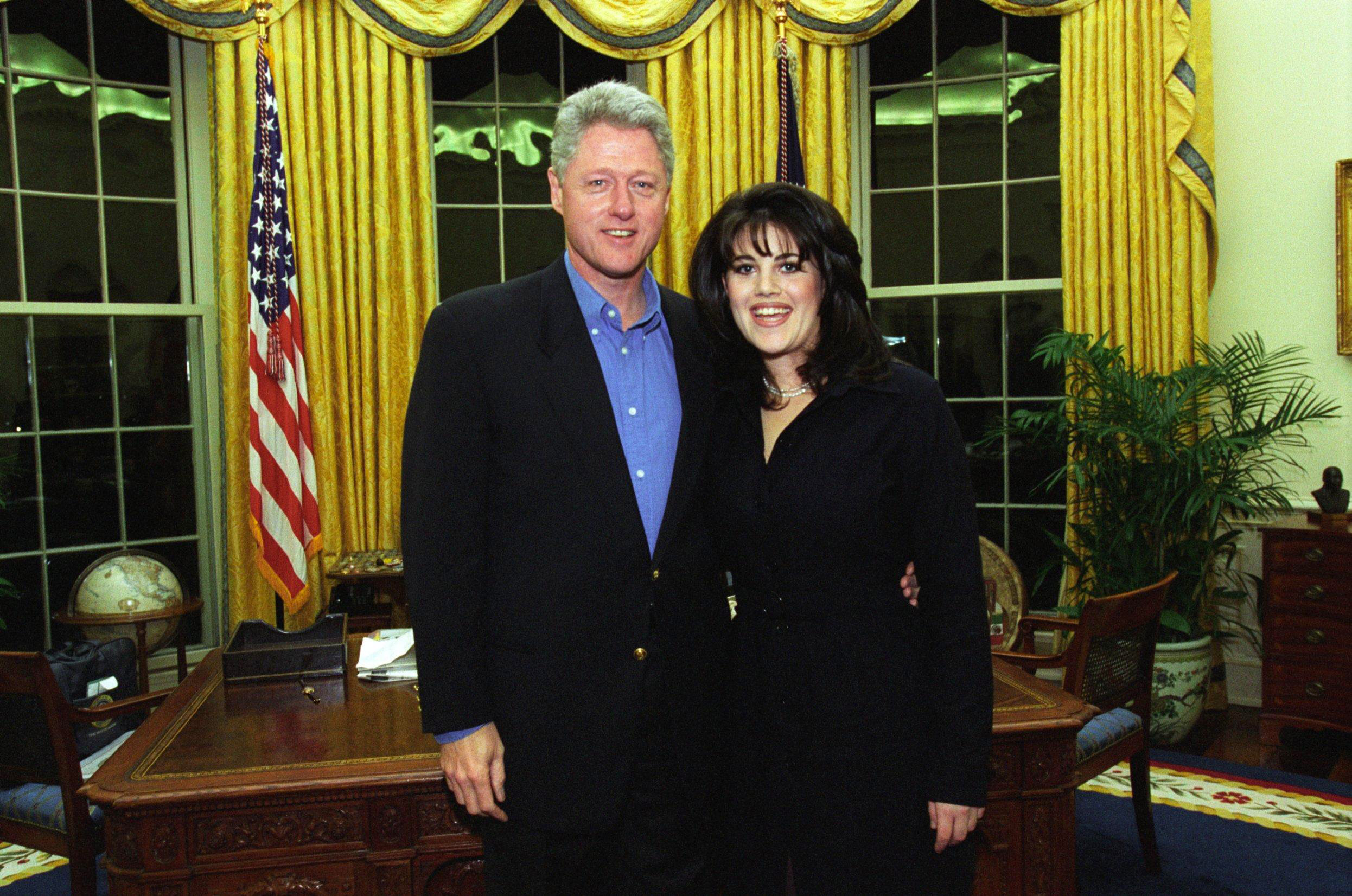- America’s Forgotten Terror Attacks - April 10, 2025
- The Hidden Link Between Real Estate and Organized Crime in the U.S. - April 10, 2025
- Organized Crime in the U.S. Postal System: An Unlikely Criminal Pipeline - April 10, 2025
Watergate Scandal

The Watergate scandal remains a defining moment in American political history, marking a period of intense scrutiny and reform. It all began with a break-in at the Democratic National Committee headquarters in 1972, a seemingly minor incident that spiraled into a massive political scandal. The investigation revealed that President Richard Nixon’s administration was deeply involved in a cover-up, using illegal wiretapping and other tactics to sabotage political opponents. As the scandal unfolded, it became clear that the abuse of power extended far beyond Nixon, leading to increased public distrust in government. Nixon’s resignation in 1974 was unprecedented, making him the first U.S. president to resign from office. This scandal underscored the importance of checks and balances and led to numerous legislative reforms aimed at curbing executive power and increasing transparency.
Teapot Dome Scandal

The Teapot Dome scandal, which erupted in the 1920s, cast a long shadow over President Warren G. Harding’s administration. At the heart of the scandal was the secret leasing of federal oil reserves in Teapot Dome, Wyoming, and Elk Hills, California, to private oil companies without competitive bidding. This corrupt arrangement was orchestrated by Secretary of the Interior Albert Fall, who received substantial bribes from oil executives. The scandal’s exposure led to Fall becoming the first cabinet member in U.S. history to be convicted of a crime while in office. The Teapot Dome scandal highlighted the vulnerabilities in governmental oversight and the potential for corruption in the management of public resources. It prompted significant changes in how federal resources were handled, emphasizing the need for transparency and accountability.
Iran-Contra Affair
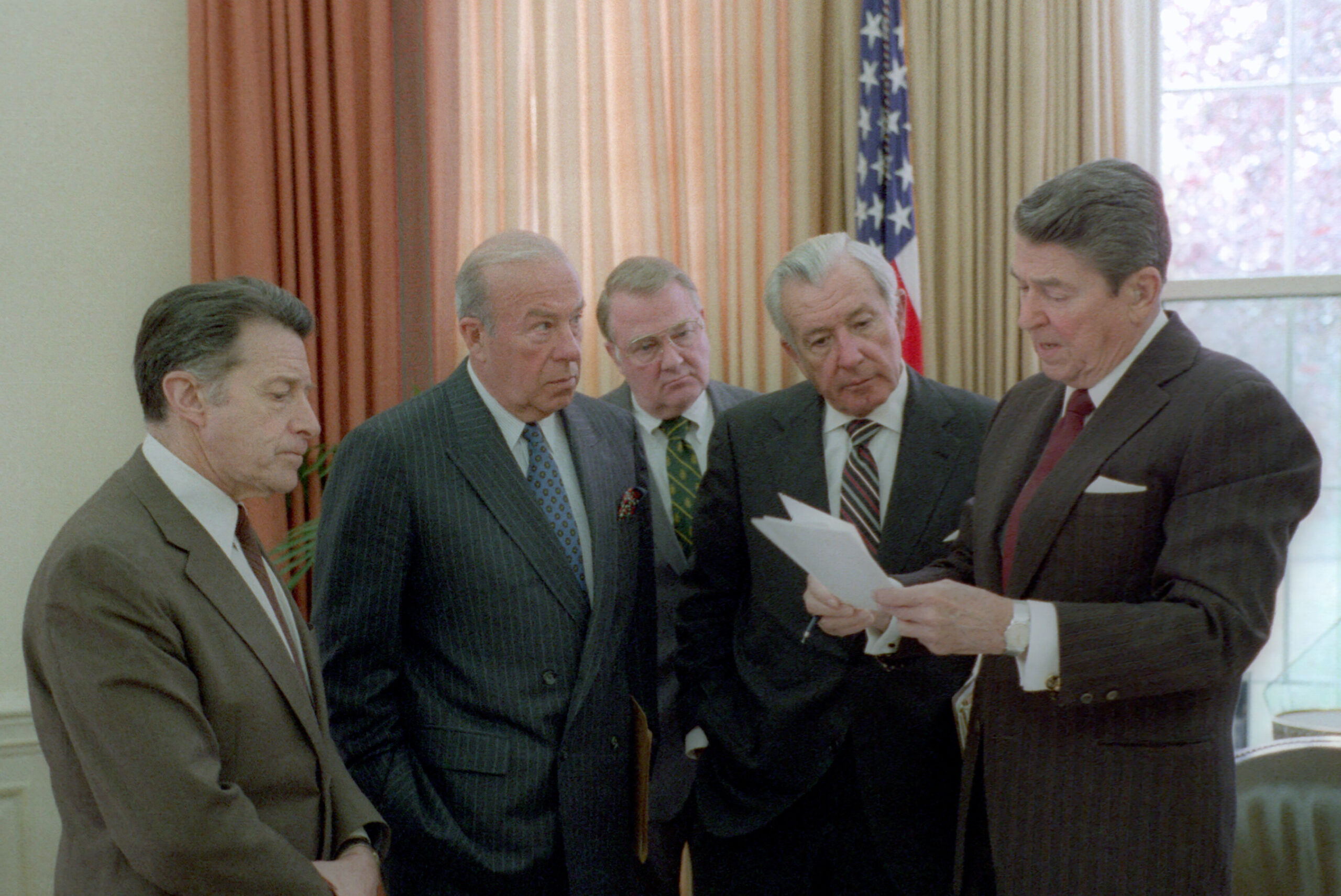
The Iran-Contra affair in the 1980s revealed the complexities and potential for abuse within the U.S. government’s covert operations. This scandal involved the clandestine sale of arms to Iran, which was under an arms embargo, with the proceeds being funneled to support Contra rebels in Nicaragua. The affair was exposed in 1986, leading to widespread investigations and public hearings. Prominent figures, including National Security Advisor Oliver North, were implicated in the scandal. The Iran-Contra affair raised critical questions about presidential authority, accountability, and the legality of covert actions. It underscored the need for greater oversight of military and foreign policy decisions, highlighting the delicate balance between national security and ethical governance.
The Clinton-Lewinsky Scandal

The Clinton-Lewinsky scandal of the late 1990s captivated the nation, becoming a focal point of political debate and media coverage. President Bill Clinton’s affair with White House intern Monica Lewinsky initially seemed like a personal matter, but it quickly escalated into a political crisis. Clinton’s denial of the relationship, followed by revelations contradicting his statements, led to impeachment proceedings in 1998 on charges of perjury and obstruction of justice. Although the Senate ultimately acquitted Clinton, allowing him to remain in office, the scandal had lasting effects on his presidency and American political discourse. It highlighted the intersection of personal conduct and public responsibility, prompting discussions about the ethical standards expected of national leaders.
The Abramoff Scandal
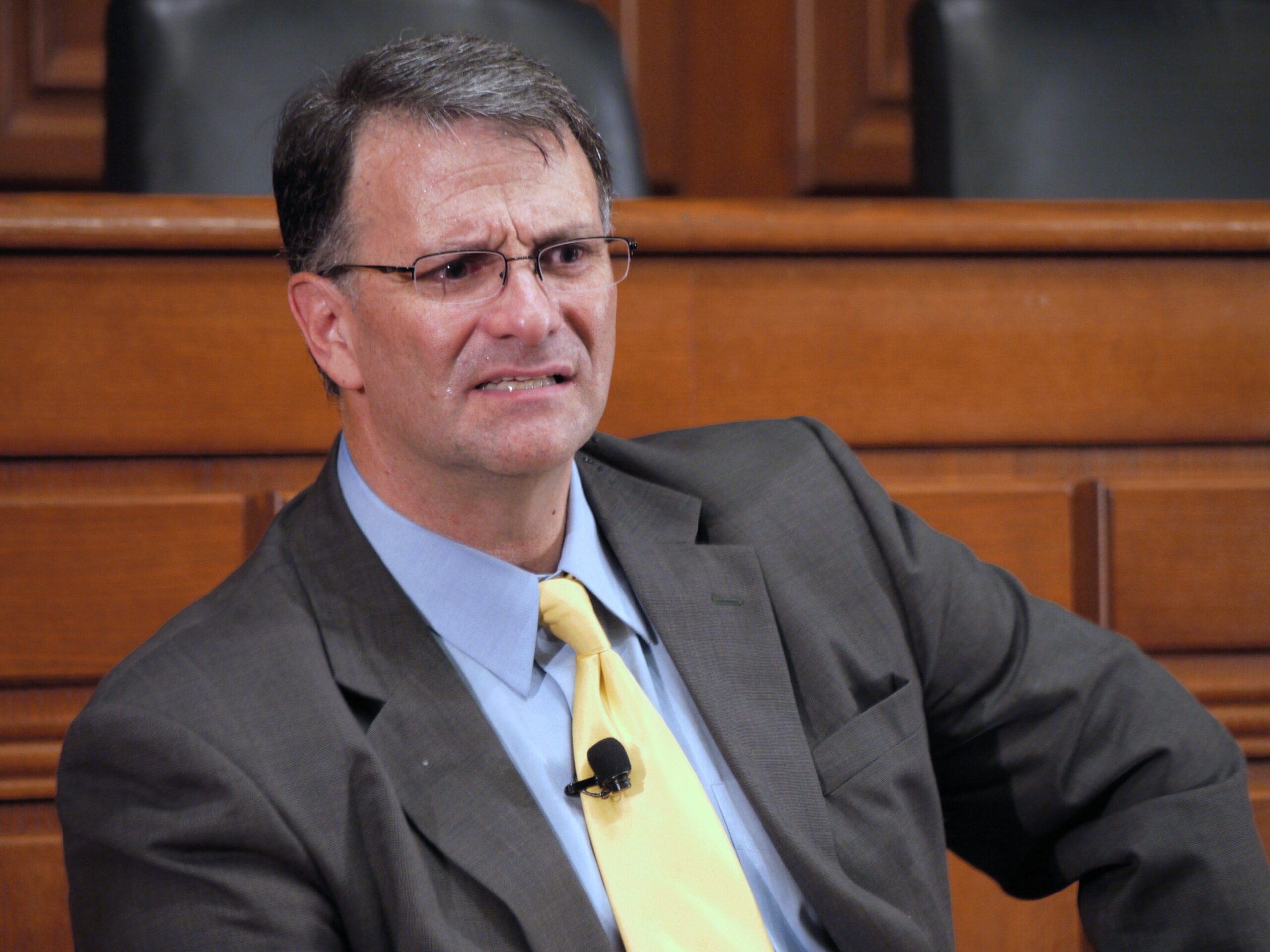
The Abramoff scandal, which unfolded in the early 2000s, exposed the pervasive influence of money in American politics and the potential for corruption within the lobbying industry. Jack Abramoff, a powerful lobbyist, orchestrated a scheme that defrauded Native American tribes and misused funds intended for political contributions. The scandal’s investigation implicated several members of Congress and resulted in numerous convictions, shedding light on the intricate web of influence-peddling and backroom deals. The Abramoff scandal prompted calls for comprehensive lobbying reform to prevent similar abuses in the future. It served as a stark reminder of the need for greater transparency and accountability in the interactions between lobbyists and lawmakers.
The Enron Scandal

While primarily a corporate scandal, the Enron scandal had significant political implications, revealing the vulnerabilities of regulatory oversight and corporate governance. Enron’s executives engaged in massive accounting fraud to conceal the company’s financial troubles, leading to its bankruptcy in 2001. The scandal resulted in the loss of thousands of jobs and billions in shareholder value, shaking public confidence in corporate integrity. The fallout from the Enron scandal prompted the enactment of the Sarbanes-Oxley Act, which aimed to improve corporate governance, enhance financial disclosures, and prevent future financial misconduct. It underscored the importance of regulatory vigilance and the need for robust mechanisms to protect investors and the public.
The Spiro Agnew Scandal

The Spiro Agnew scandal of the early 1970s was a significant political event that underscored issues of integrity and ethics in high office. Agnew, who served as Vice President under President Nixon, was embroiled in a scandal involving bribery and tax evasion. In 1973, he resigned after pleading no contest to charges of tax evasion and accepting kickbacks from contractors while serving as Governor of Maryland. Agnew’s resignation marked the first time a sitting vice president had resigned due to criminal charges. This scandal served as a sobering reminder of the importance of ethical conduct and accountability among public officials, prompting discussions about the standards expected of those in positions of power.
The Fast and Furious Operation

The Fast and Furious operation, initiated by the Bureau of Alcohol, Tobacco, Firearms and Explosives (ATF) during the Obama administration, became a controversial program with far-reaching implications. The operation aimed to track illegal firearms sales to Mexican drug cartels, but it resulted in the loss of thousands of weapons. The scandal erupted when two of these firearms were found at the scene of a border patrol agent’s murder, sparking outrage and congressional investigations. The Fast and Furious operation raised critical questions about government accountability and oversight in law enforcement operations. It highlighted the challenges of balancing law enforcement objectives with the need for transparency and accountability in government actions.
The 2020 Election Interference
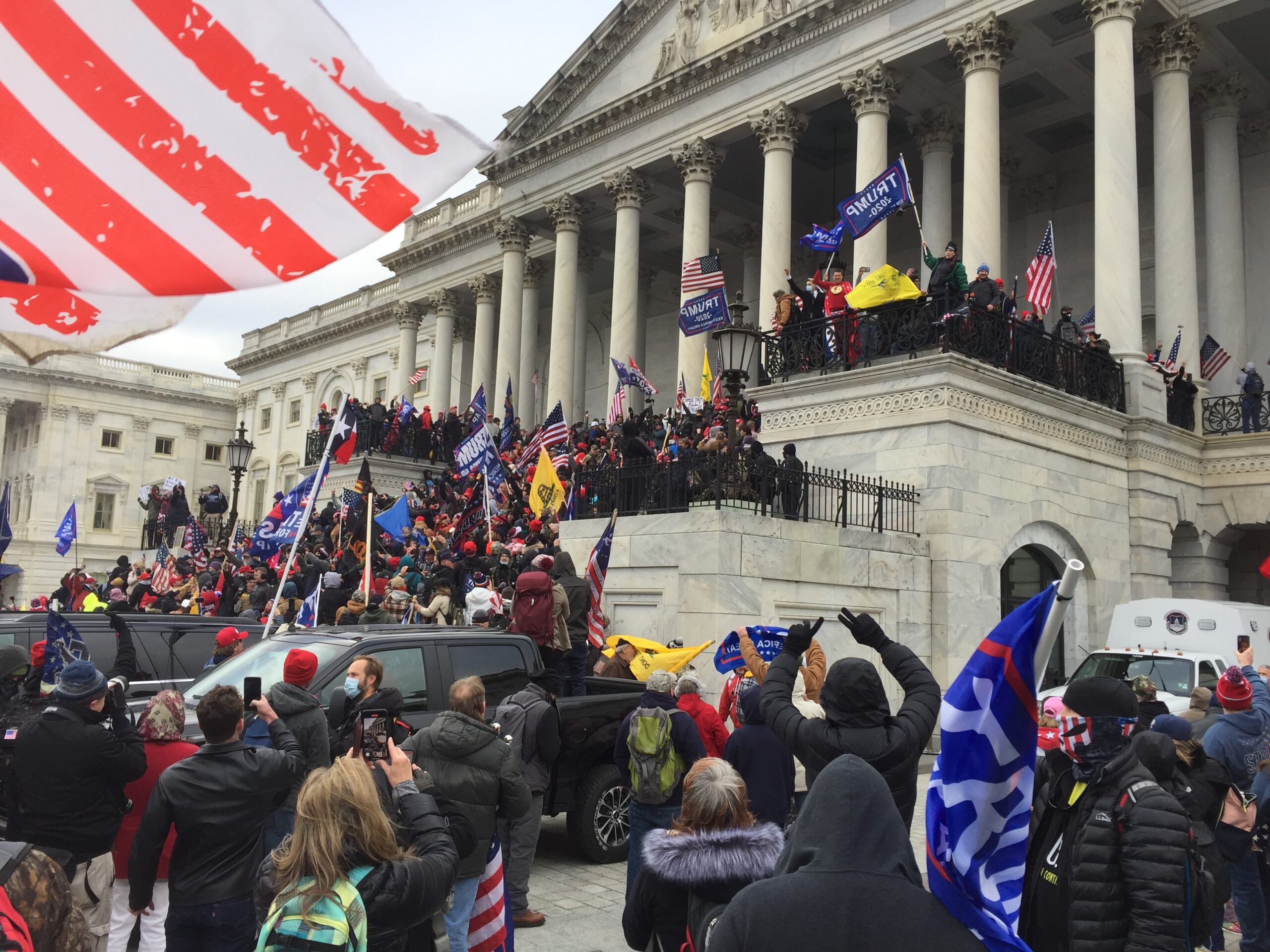
The 2020 presidential election was marred by unprecedented claims of voter fraud and interference, primarily propagated by then-President Donald Trump. Allegations of widespread fraud were investigated by multiple authorities and found to be baseless, yet they fueled significant controversy and division. The scandal culminated in the January 6, 2021, Capitol riot, where supporters attempted to overturn the election results. This event raised significant concerns about the integrity of the electoral process and the dangers of misinformation in politics. The 2020 election interference scandal sparked ongoing debates about election security, democratic norms, and the need for safeguarding the integrity of the democratic process.
The Ukraine Scandal
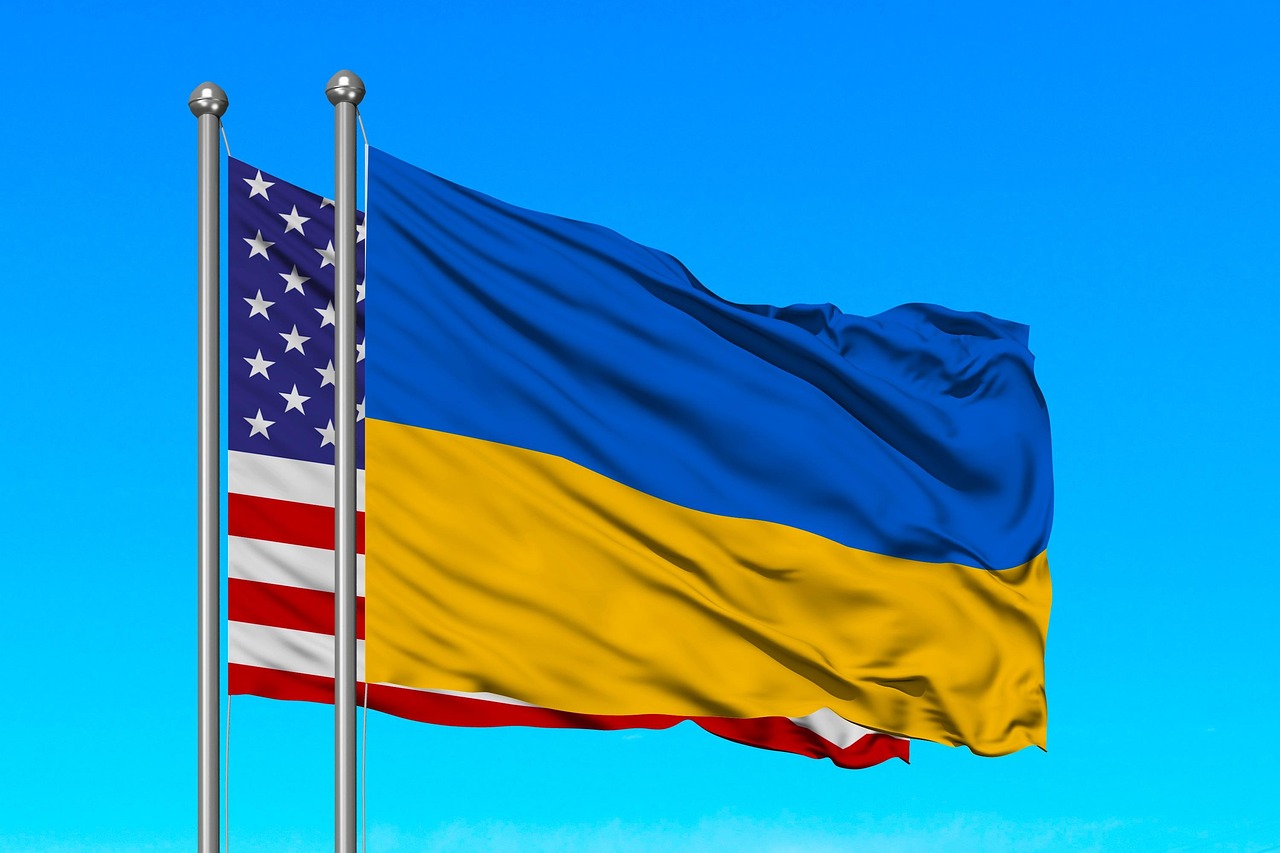
The Ukraine scandal, which unfolded in 2019, centered around President Trump’s request for Ukraine to investigate his political rival, Joe Biden, during a phone call. This request led to an impeachment inquiry, with allegations that Trump had abused his power by soliciting foreign interference in the 2020 election. The scandal highlighted the complexities of foreign relations and the ethical boundaries of presidential conduct. Ultimately, Trump was acquitted by the Senate, but the scandal sparked a national conversation about the role of foreign influence in American politics. It underscored the importance of ethical leadership and the need for clear boundaries between domestic politics and international diplomacy.
These scandals illustrate the persistent challenges of corruption and ethical conduct in U.S. politics. Each case not only had immediate consequences for those involved but also shaped public perceptions of government integrity and accountability.

